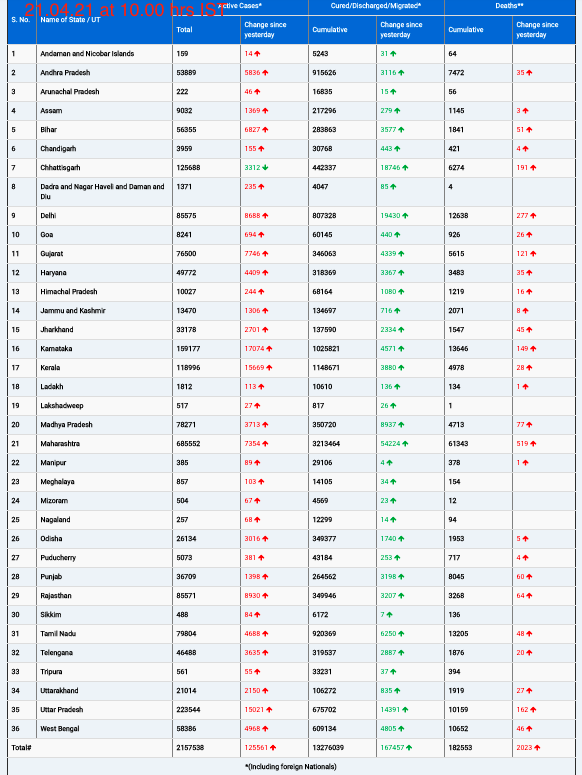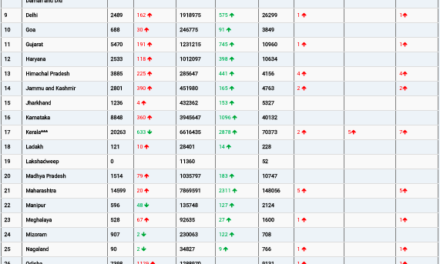Amid concerns about a lack of awareness regarding Human Papillomavirus (HPV) vaccination, healthcare professionals are highlighting the need for increased education campaigns targeting a broader age range. Dr. Sushruta Mokadam, a consultant obstetrician at Motherhood Hospital, Kharadi, Pune, expressed concern about the limited promotion and education on HPV vaccination, particularly among older individuals.
Dr. Mokadam emphasized the importance of dispelling misconceptions surrounding HPV vaccination, stating, “Limited promotion and education campaigns focus on younger populations, and inadequate dissemination of expanded age guidelines contribute to lower awareness of HPV vaccination among older individuals.” She urged a shift in focus to reach adolescents, young adults, and even those in the age group of 27-45 years, emphasizing that the vaccine provides protection against new HPV types.
Contrary to misconceptions, the HPV vaccine is not limited to a specific age group. Dr. Mokadam clarified, “The vaccine is given from the age of 9 years or preferably before the age of first sexual activity, and even adults aged 35-45 are eligible for it.” Both women and men can benefit from the vaccine, and discussions about vaccination should be encouraged.
Dr. Mokadam highlighted the vaccine’s significance in reducing the risk of HPV-related diseases and the potential for herd immunity. “By targeting the human papillomavirus, the vaccine significantly reduces the risk of developing potentially life-threatening conditions,” she stated. The vaccine’s broader impact on community health is evident as it can slow down the spread of HPV within communities.
Addressing concerns about infertility in women linked to certain HPV strains, Dr. Mokadam underscored the importance of HPV vaccination. She reassured, “It is not too late to get vaccinated even at the age of 45,” noting that the vaccine may provide protection against HPV-related diseases, especially for those not previously exposed to HPV.
Men, too, can receive the HPV vaccine later in life to protect against HPV-related diseases. Dr. Mokadam highlighted that the age and vaccination history determine the number of doses, ranging from two doses for individuals aged 9-14 to three doses for those aged 15 and older.
Clarifying the vaccine’s role, she emphasized, “HPV vaccination helps to safeguard from new HPV infections, but is not effective in treating existing HPV infections or diseases.” Additionally, she advised against the vaccine’s use during pregnancy and recommended consultation with healthcare experts for personalized advice based on individual circumstances.
As healthcare professionals strive to bridge the gap in awareness, the call for action echoes: prioritize education, dispel myths, and encourage comprehensive HPV vaccination discussions across age groups to safeguard public health.
Note: The content of this news article is for informational purposes only and should not be considered as medical advice. Consultation with healthcare professionals is recommended for personalized guidance on HPV vaccination.











